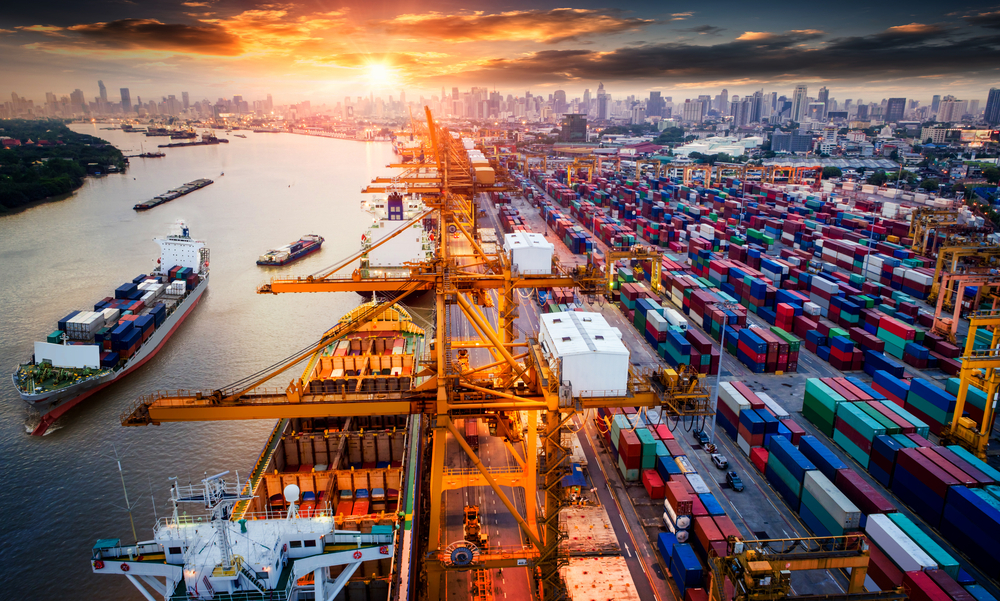How did the coronavirus crisis accelerate the restructuration of global value chains?

Practical information
Toward a reshoring of industrial activities in Europe? A study of the Technical University of Munich (TUM München) underlines the global tendency toward a reshoring of activities in the country of origin or the nearshoring in countries lying in its vicinity which would entail an increased recourse to robotization.

In how far is Europe concerned and what are the foreseeable consequences? Which are the parameters for this evolution and how does it translate in some of Europe’s most vital industrial sectors?
Introduction
Philipp Siegert, Head Office, Hanns Seidel Foundation, Paris
Interventions
Dalia Marin, Professor of International Economics, Technical University of Munich
Patricia Commun, Professor of German Civilization, Université de Cergy-Pontoise
Moderation
Eric-André Martin, Secretary General of the Study Committee on Franco-German Relations (Cerfa), Ifri
Replay
Related Subjects
Other events

EV Supply Chains for Japan and Europe: Strengthening Economic Security
Economic security aims to ensure the resilience of supply chains for key industries: the case of electric vehicle production in Japan and Europe will be discussed.

What Kind of Technological Partnership with India?
As India asserts its technological ambitions and seeks to reduce its dependence on China, Europe is stepping up its efforts to diversify its strategic partnerships. What opportunities arise from the convergence of these two dynamics? Can cooperation in cutting-edge sectors—from electric vehicles to artificial intelligence and semiconductors—transform the Indo-European relationship into a lever for strategic autonomy?






